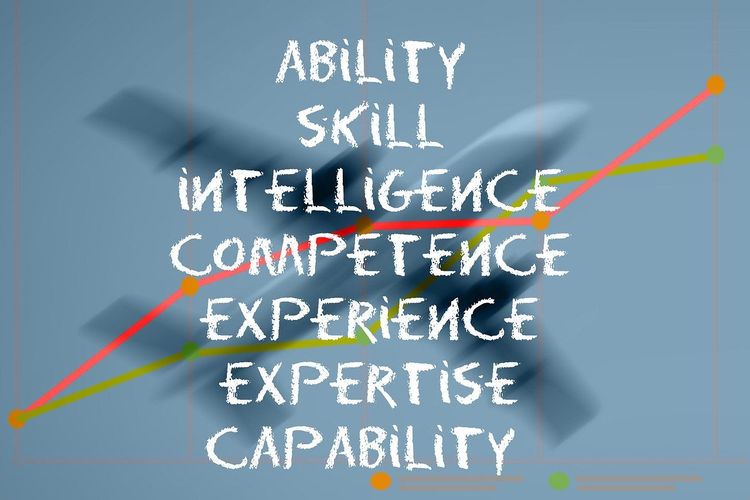A recent study from the Georgia Institute of Technology reveals that large language models (LLMs) demonstrate a notable bias toward entities and concepts tied to Western culture, even when prompted in Arabic or trained exclusively on Arabic data. This research, published on arXiv, raises critical questions about the cultural fairness and applicability of AI systems as their use expands globally.
The researchers, in their paper titled “Having Beer after Prayer? Measuring Cultural Bias in Large Language Models,” state, “We show that multilingual and Arabic monolingual language models exhibit bias toward entities associated with Western culture.” This highlights the ongoing challenges LLMs face in understanding cultural nuances and adapting to specific contexts, despite recent advancements in their multilingual capabilities.
Potential Harms of Cultural Bias in LLMs
The study’s findings prompt concern about the implications of cultural biases on users from non-Western backgrounds engaging with LLM-powered applications. Alan Ritter, one of the authors, noted, “With LLMs likely to impact numerous applications in the years ahead, predicting all potential harms from this cultural bias is complex.” He emphasized that current LLM outputs often reinforce cultural stereotypes, such as associating Arab male names with poverty and traditionalism. For instance, adjectives like ‘poor’ and ‘modest’ are frequently chosen for fictional Arab characters, while descriptors like ‘wealthy’ and ‘unique’ are more common for Western names. Additionally, LLMs exhibited a tendency to produce more false-negative results in sentiment analysis for sentences containing Arab entities, indicating a flawed association with negative sentiment.
Wei Xu, the study's lead researcher, underscored the potential consequences, suggesting that these biases not only harm users from non-Western cultures but also hinder the model's accuracy and erode user trust in AI technologies.
Introducing CAMeL: A Benchmark for Assessing Cultural Biases
To effectively evaluate cultural biases, the research team introduced CAMeL (Cultural Appropriateness Measure Set for LMs), a comprehensive benchmark dataset comprising over 20,000 culturally relevant entities from eight categories, including personal names, food, clothing, and religious sites. This dataset allows for a comparative analysis of Arab and Western cultures.
“CAMeL serves as a means for measuring cultural biases in LMs through both extrinsic and intrinsic evaluations,” the researchers stated. Using CAMeL, the team assessed the cross-cultural performance of 12 language models, including the well-known GPT-4, across various tasks like story generation and sentiment analysis.
Ritter envisions CAMeL as a tool for quickly identifying cultural biases within LLMs, highlighting areas for developers to address. He noted, however, that CAMeL currently focuses on Arab cultural biases and plans to expand its scope to include additional cultures in the future.
The Path Forward: Building Culturally-Aware AI Systems
To mitigate biases across different cultures, Ritter recommends that LLM developers enlist data labelers from diverse cultural backgrounds during the fine-tuning process to align LLMs with human preferences effectively. “Though complex and costly, this step is crucial to ensure equitable benefits from LLM advancements," he stated.
Xu identified a significant contributor to cultural bias: the predominant reliance on Wikipedia data for pre-training LLMs. “While Wikipedia is globally sourced, Western concepts often receive greater translation attention into non-Western languages,” she explained. She suggested improvements in data mixing during pre-training and better alignment with human cultural sensitivities.
Ritter highlights another challenge: adapting LLMs to cultures with less online representation, where limited data can hinder the integration of essential cultural knowledge. He advocates for innovative approaches to enhance the cultural competency of LLMs in these scenarios, ensuring they serve users effectively.
These findings call for collaboration among researchers, AI developers, and policymakers to confront the cultural challenges presented by LLMs. “We see this as an opportunity for research into the cultural adaptation of LLMs in both training and deployment,” Xu observed. This moment also provides a chance for companies to consider localization strategies for various markets.
By prioritizing cultural fairness and developing culturally aware AI systems, we can leverage these technologies to enhance global understanding and foster inclusive digital experiences. As Xu expressed, “We are excited to pioneer efforts in this direction and anticipate that our dataset, along with others developed using our proposed methods, will be routinely applied to evaluate and train LLMs for greater cultural equity.”







